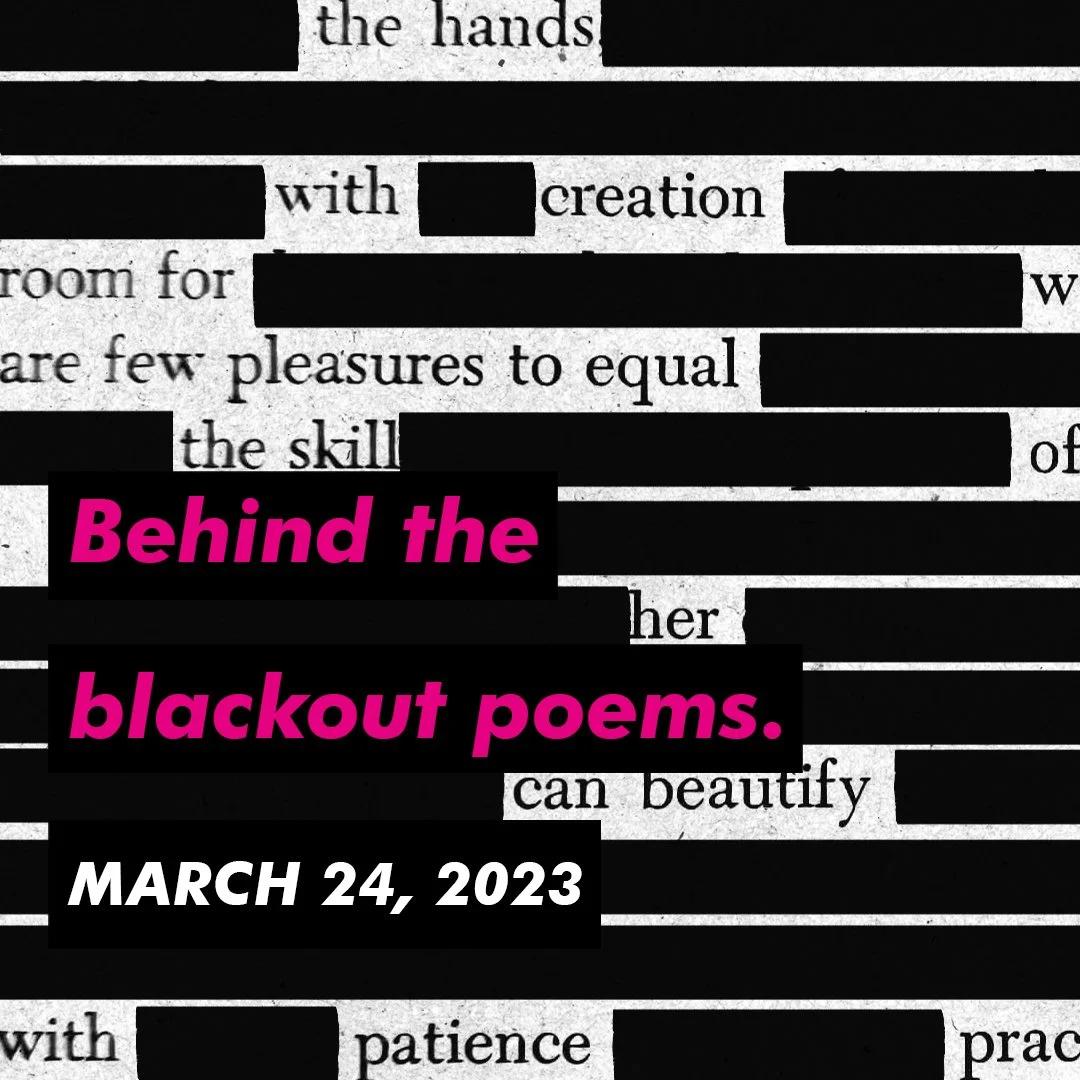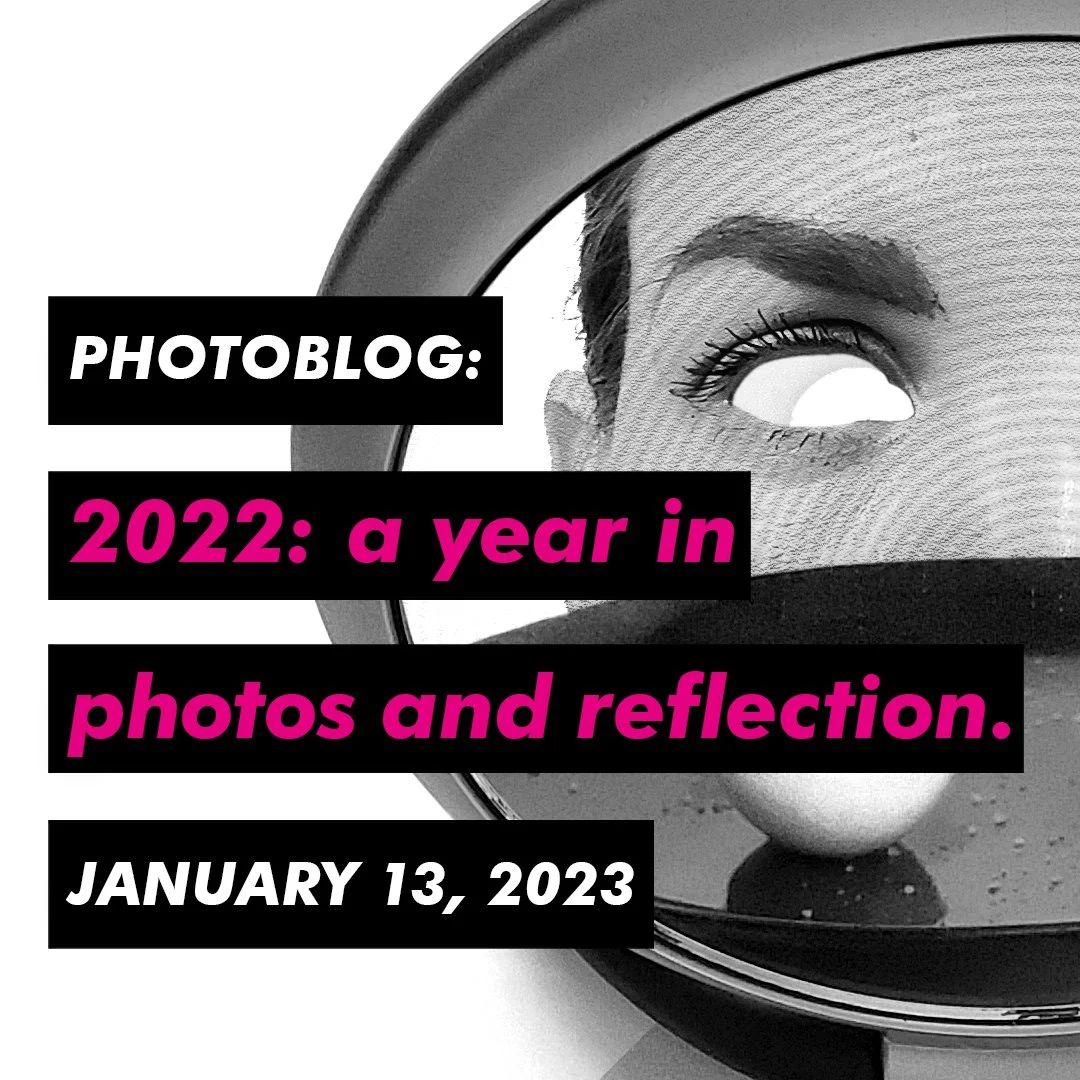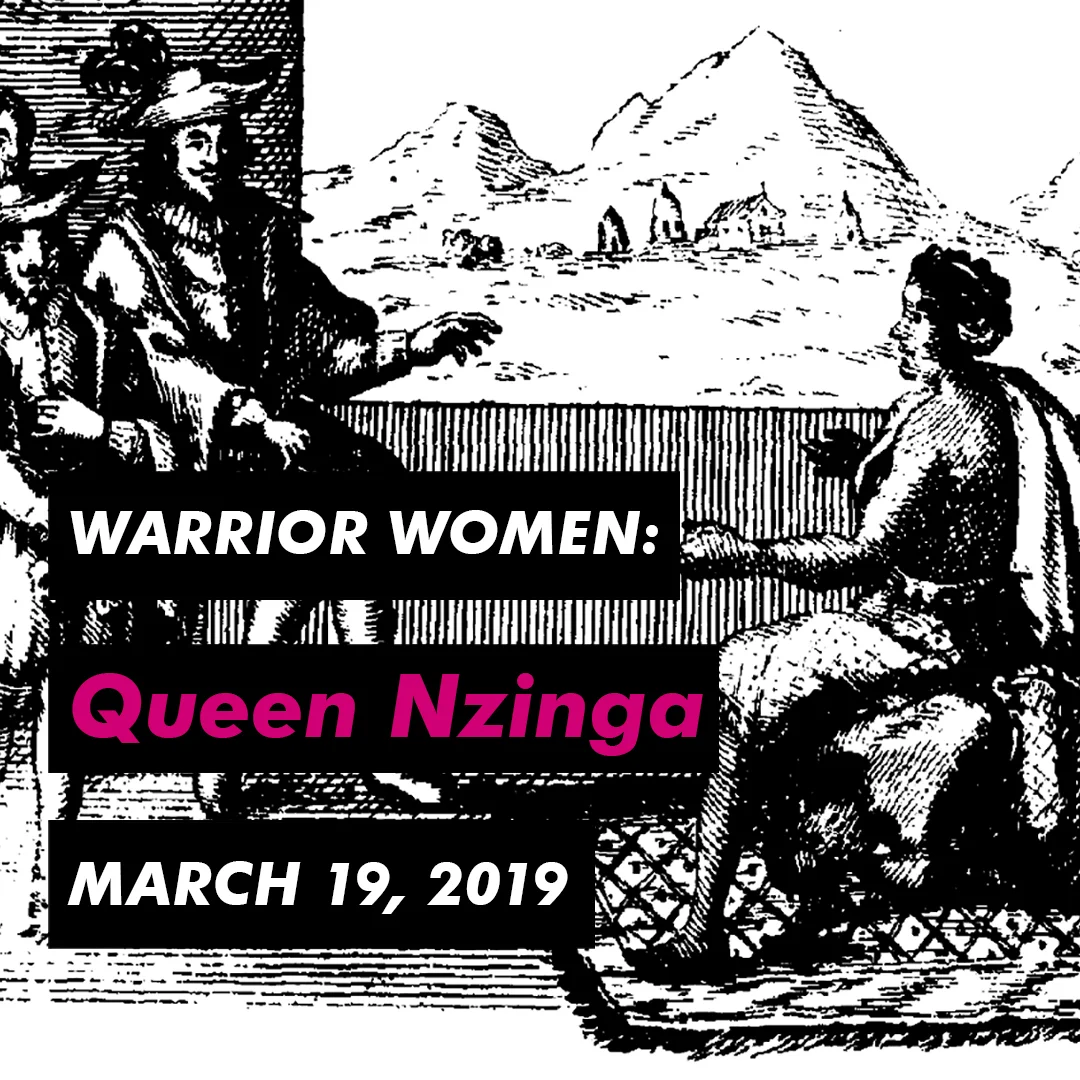Photo Credit: Free To Use Sounds on Unsplash
About a year ago, the New York Times decided to seek out gender equality on the Letters to the Editor page with the plea, “we need your help.” This month, as several candidates dropped out from the race, the Democrats are left with two white men for the Presidential nominee. Both are over the age of 70 and the least representative of the changing face of the party. One has a documented history of making women, especially young women, feel visibly uncomfortable during photo ops. The other appears, at best, to be ambivalent about women while his own staff and supporters have a history of being hostile towards women. The current President has boasted about sexually assaulting women, one of many comments, actions, and political policies that have made the lives and livelihood of American women harder.
gendered realities
Thinking about this reality and what it means for women, two events that happened over the past few months in my life keep coming back to me.
The first happened while at the gym with my partner, who is a man. He had just finished an exercise on a weight machine when another man, a complete stranger (another gym member, not an employee), approached him and told him how to do the exercise. My partner, immediately angered by the unsolicited advice, responded by telling the stranger to not bother him during his workout.
The second instance happened while I attended a literary salon event. I was one of seven writers who read their work that night. While definitely an introvert by nature, I mustered a huge amount of courage and held my own while reading my original work for the first time in front of an unknown and unfamiliar audience that night. Friends and family attending reinforced my performance and I felt encouraged and welcomed. After the event, a man (another complete stranger) approached me and launched into lengthy recommendations on my reading style, enunciation, and pacing during my reading performance. No words of encouragement. No praise. Just unsolicited advice on what I could do better. By contrast, he did not approach any of the other readers (who, as it happened, were all men), some of whom were very nervous and might have benefited from his critique. Though immediately feeling shock and outrage, my instinctive reaction was to nod thoughtfully and thank him for his input. Afterwards, I was angry at myself. For not standing up to this man and telling him that I did not need his unsolicited advice.
In both cases, the two strangers engaged my partner and me in the same way. But the difference between our responses, and the impact it had on each of us, was striking. I internalized the stranger’s words and actions as something I did wrong and, quite frankly, it ruined the evening for me. My partner, on the other hand, was over his incident within the hour and felt good about himself for pushing back on the man who had interrupted his workout.
unsafe spaces are a reality
I would argue that women are surrounded by spaces in almost all aspects of their lives that are decidedly “unsafe.” While the effort by the New York Times to achieve gender parity in publishing letters to the editor is certainly a good start, we need to consider what life is like for women in 2020. As of today, women do not receive equal pay, do not have equal representation in congress (25% of Senators are women; 21% of the Members in the House are women), 6% of Fortune 500 companies have women CEOs, and the statistics go on and on. Anecdotally, we can look at specific examples, such as James Damore, the Google Engineer who published a memo — which sounds more like a manifesto promoting male supremacy — and continued to promote his theories on internal company message boards until he was fired in August of 2017. That happened only two and a half years ago, not in 1955.
And then there is social media, perhaps the most unsafe of spaces in the world of women today. As I wrote this piece, I pulled up an Instagram post by Elizabeth Warren, prior to dropping out of the race. I scrolled down and selected the first 100 of what was, at the time, a total of 1,363 comments. 68 comments were by men, 31 comments were by women. Three comments by men and seven comments by women, were supportive. 65 comments by men and 24 by women were unsupportive or derogatory. Warren was told to drop out of the race by 66 men and 24 women. If you are keeping score, out of the 100 comments I looked at, 89 were unsupportive or derogatory and 90 told her to drop out of the race.
For thousands of years, in nearly every civilization, women have been considered property, have been marginalized, or, at best, have held an unequal status. The United States Constitution says that all men are equal, but women do not enjoy that same explicit right. Men have had literally thousands of years to operate in societies and systems of their creation where they are able to move up and succeed. Millions of women across the globe are, as we speak, diminished by their governments, their religions, trolls on social media, their partners, and, even, other women.
a reality empowered by equality
Women need safe spaces to thrive and empower future generations of women to find their voice and grow their confidence. Safe spaces can be built anywhere and everywhere in both physical and virtual environments. They provide women with an opportunity to be themselves, express themselves freely, and to learn how to navigate a world that keeps telling them they do NOT have equal value. It is the responsibility of our society to create and nurture these spaces for women. Safe spaces where their ideas, their thoughts, their bodies, their existence, and their desires are free from shame, condescension, and attack. Within a few generations we can level the playing field and give women true gender equality.
I, for one, am certain it won’t take thousands of years.

































